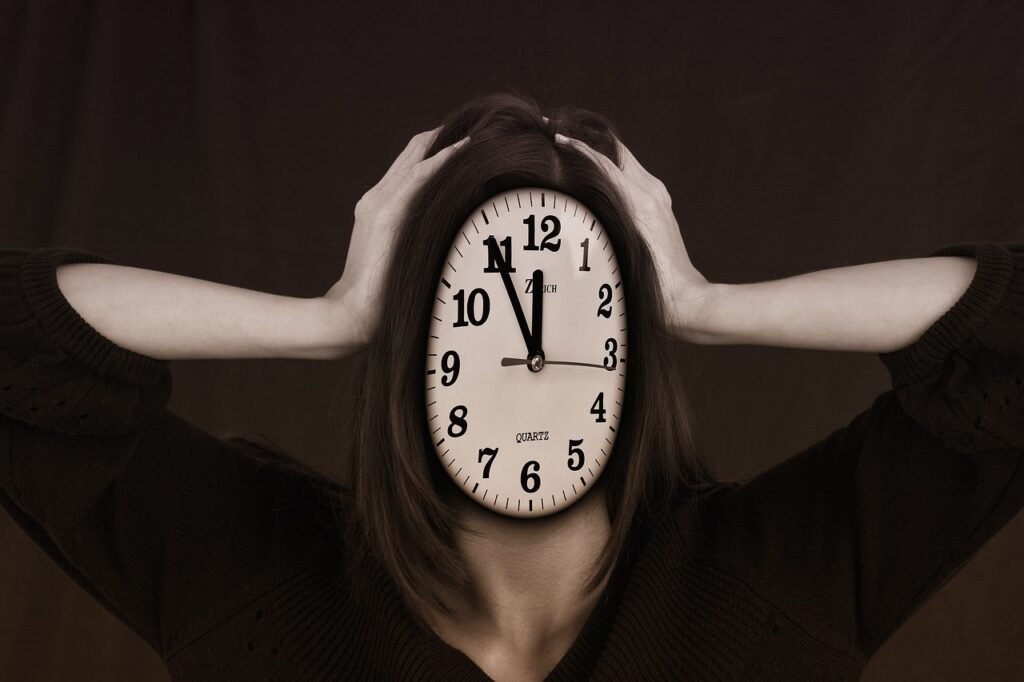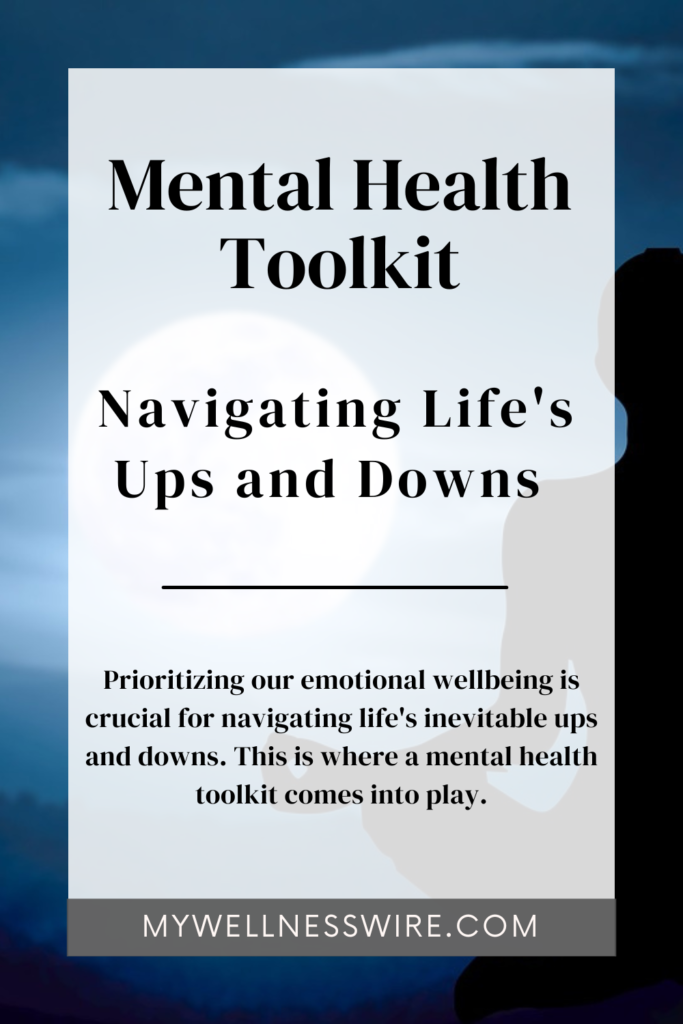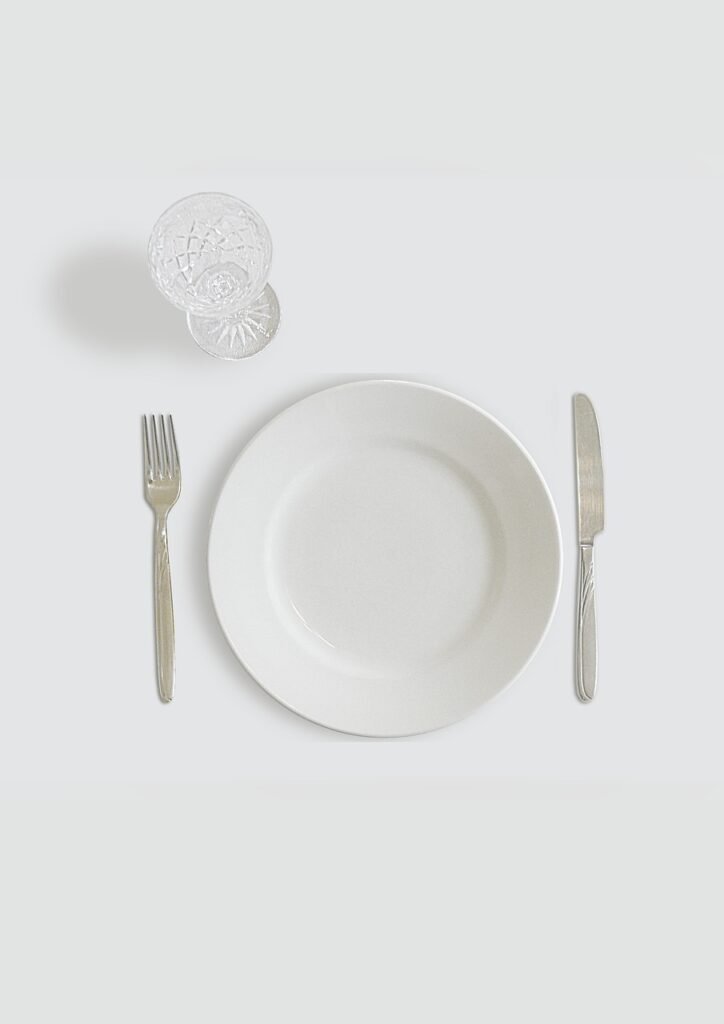
Intro
Amidst our modern, hectic lifestyle, our mental health often takes a backseat to our busy schedules and endless to-do lists.
However, prioritizing our emotional wellbeing is crucial for navigating life’s inevitable ups and downs.
This is where a mental health toolkit comes into play. It’s an essential collection of strategies and practices to maintain or improve your mental health.
Whether you’re dealing with stress, anxiety, depression, or just the daily pressures of life, having a mental health toolkit can be a game-changer. In this blog post, we’ll explore the ultimate mental health toolkit that everyone should have at their disposal.
Understanding the Basics of Mental Health
Mental health encompasses our overall emotional, psychological, and social well-being, playing a pivotal role in how we process thoughts, emotions, and behaviors in daily life.
It is as integral to our lives as physical health, influencing our ability to manage stress, interact with others, and make decisions.
Recognizing when our mental health might be faltering is critical.
Signs that may indicate a need for attention include enduring feelings of sadness or despair, excessive worry or fear, noticeable fluctuations in mood, and withdrawing from social interactions.
By becoming familiar with these indicators, individuals can take proactive steps towards seeking help and employing the right tools from their mental health toolkit to address issues.
Acknowledging the importance of mental health and understanding its fundamentals lay the groundwork for building resilience and coping strategies, essential for facing life’s challenges.
Developing a Strong Support System
Creating a robust network of support is paramount in our journey toward mental health wellness.
This network should encompass a mix of close friends, family members, coworkers, or even members of various support groups who share similar experiences or challenges.
These connections offer more than just companionship; they provide a safe space for vulnerability, invaluable advice, and perspectives that can help navigate through tough times.
It’s crucial to actively nurture these relationships, as they can serve as a critical lifeline when facing adversity. Open communication and mutual respect are the cornerstones of building and maintaining this essential component of your mental health toolkit.
Engaging with your support system allows for shared experiences and wisdom, making the path toward emotional well-being less daunting and more communal.
Incorporating Mindfulness and Meditation
Harnessing the power of mindfulness and meditation is increasingly recognized as a cornerstone for nurturing mental health.
Mindfulness invites us to engage in the present moment with full awareness, mitigating the overwhelming flood of thoughts that can often dictate our emotional state.
On the other side, meditation provides a structured method to calm the mind, fostering a sense of inner peace and clarity.
Initiating a practice, even for short periods during the day, can have profound effects on emotional resilience and stress reduction.
Various guided practices are accessible through digital platforms, offering a range of styles to suit individual preferences and needs.
Headspace is a great tool to help start on your mindfulness journey. YouTube also has many great guided mindfulness meditation videos.
Incorporating these practices into daily routines can elevate one’s ability to handle life’s stresses with grace and equanimity, fortifying the mental health toolkit with essential self-care strategies.
Engaging regularly with mindfulness and meditation cultivates a mental environment where calmness and focused attention become more accessible, paving the way for enhanced emotional wellbeing.
To learn more read the list of our Top 5 Favorite Books on Mindfulness Here.
Prioritizing Physical Health for Mental Well-being

The intertwined relationship between our physical and mental states underscores the importance of a holistic approach to health.
Engaging in regular exercise not only combats physical ailments but also serves as a powerful antidote to stress, anxiety, and depression.
The release of endorphins during physical activities provides a natural boost to mood, enhancing feelings of happiness and reducing perceptions of pain.
Equally crucial is nurturing our bodies with nutritious foods that fuel both mind and body, alongside ensuring we get enough restorative sleep and stay hydrated.
These elements collectively form a critical foundation in the mental health toolkit, emphasizing that taking care of our physical well-being is not just about maintaining physical fitness but is intrinsically linked to our overall mental and emotional resilience.
By integrating these practices into our daily lives, we empower ourselves to better withstand the psychological stresses of modern living, illustrating the indispensable role that physical health plays in achieving and maintaining mental wellness.
Click here to see a guide on different types of physical fitness training.
Setting Healthy Boundaries
Establishing healthy boundaries is a crucial aspect of self-care and mental wellness.
It involves delineating what is acceptable and unacceptable in our interactions, safeguarding our emotional energy from being drained by the demands of others.
Learning to assertively communicate your limits is key, whether it’s declining an invitation that doesn’t align with your needs or asking for space in a relationship.
These boundaries are not about isolation but about fostering respect and understanding between individuals.
By being clear about your boundaries, you not only protect your mental well-being but also encourage healthier, more supportive interactions with those around you.
It’s important to regularly assess and adjust your boundaries as needed, ensuring they serve your best interests and contribute positively to your overall mental health.
Embracing this practice allows for a more balanced, empowered life where your needs are met and your well-being is prioritized.
Engaging in Creative Outlets
Creative pursuits can serve as an invaluable component of your mental health toolkit, offering a therapeutic escape where emotions and thoughts can flow freely.
Engaging in activities like painting, writing, crafting, or playing an instrument allows individuals to channel their innermost feelings and experiences into something tangible.
This process of creation not only aids in the expression of emotions that might be difficult to articulate verbally but also contributes to a sense of personal fulfillment and achievement.
Dedicating time to creative endeavors acts as a constructive distraction, helping to alleviate stress and anxiety by focusing the mind on the task at hand.
Furthermore, the act of creating art or engaging in any form of creative expression can foster a deeper connection with oneself, enhancing self-awareness and emotional resilience.
As you explore different creative outlets, you may discover new passions and ways to express yourself, enriching your mental health toolkit with diverse strategies for coping and thriving.
Learning Stress Management Techniques

Navigating through life’s challenges requires a toolbox filled with practical stress management techniques.
Effective time management is one of the cornerstones, allowing for a more organized approach to daily tasks and reducing the sense of overwhelm that often leads to stress.
Incorporating relaxation strategies into your daily routine, such as deep breathing exercises or progressive muscle relaxation, can significantly lower stress levels by calming the mind and reducing physical tension.
Additionally, adopting a positive outlook towards life’s hurdles can transform challenges into opportunities for growth and learning. Explore various methods to see which resonate with you the most, ensuring they become a natural part of your life.
Experimenting with these techniques can illuminate the path to a more balanced, stress-resilient state of mind, thereby enriching your mental health toolkit with effective strategies for managing stress.
Keeping a Journal
Maintaining a journal emerges as a potent and personal method for navigating mental health complexities. It serves as a reflective space where one can freely express emotions, experiences, and thoughts, offering a unique avenue for introspection and self-discovery.
Engaging in this practice allows individuals to articulate and process feelings that might otherwise be difficult to understand or communicate.
Beyond emotional expression, journaling can play a pivotal role in recognizing and altering negative thought patterns, contributing to personal growth and mental resilience.
The act of documenting daily experiences and emotions can also foster a greater appreciation for life’s positive aspects, potentially shifting perspectives towards a more optimistic outlook.
Whether opting for digital documentation or traditional pen and paper, the key is consistency in this practice.
Finding joy and comfort in the process ensures that journaling becomes more than just an exercise—it transforms into a cherished part of your mental health toolkit, offering clarity, comfort, and a deeper connection with oneself.
Pin this post to read later



